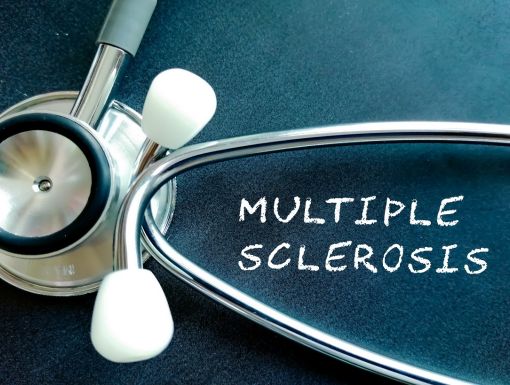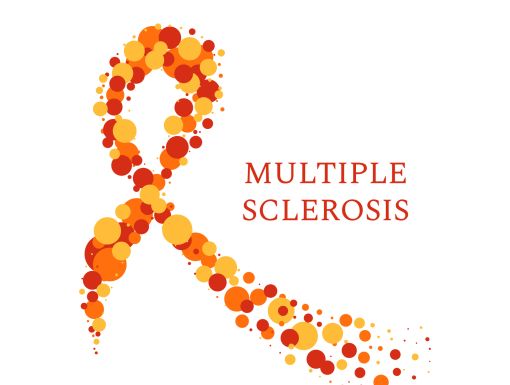
How Are Multiple Sclerosis and Hardening of the Arteries (Atherosclerosis) Linked?
How are multiple sclerosis and atherosclerosis linked? The word “sclerosis” is defined as an abnormal hardening of body tissue. Used as a suffix, it helps identify numerous diseases.
Two of more commonly known of these are multiple sclerosis (MS) and atherosclerosis.
MS is an autoimmune and neurodegenerative disease, in which the body's immune system mistakenly attacks its own central nervous tissue, interrupting the transmission of nerve signals between the brain and spinal cord and other parts of the body. The damages sustained after each attack becomes hardened scar tissue that are visible on magnetic resonance imaging.
It is estimated that nearly 1 million people over the age of 18 live with a diagnosis of MS in the United Status. According to National MS Society, common MS symptoms include impaired vision, sensory changes, cognitive changes, weakness, pain, fatigue, bowel and bladder incontinence, impaired coordination, and walking difficulties.
Atherosclerosis is a hardening of the arteries due to buildup of fatty plaques that leads to restricted blood flow. Atherosclerosis is the underlying cause of nearly half of all deaths in westernized society, according to the National Library of Medicine.
While the scleroses are of inherently different composition and cause, and the prevalence of each types of scleroses is not breaking news, their linkage is beginning to make headlines with the emergence of new research.
The clogging of arteries
Atherosclerosis is medical jargon for a buildup of fatty deposits in your arteries. The presence of this plaque causes a thickening of the blood vessel wall, which narrows the passageway within the artery and curtails the flow of blood. The result is a reduction in the amount of oxygen and other important nutrients from reaching various parts of the body.
This chronic condition can lead to coronary artery disease, angina, peripheral artery disease and kidney problems.
The American Heart Association says the cause of atherosclerosis isn’t completely known but elevated cholesterol and triglycerides in the blood, high blood pressure, cigarette smoking and diabetes are risk factors.
Linking the scleroses
Researchers now believe there exists an association between MS and atherosclerosis other than their use of the common suffix.
In 2018, researchers used modern echocardiographic methods such as speckle tracking and real-time 3D-echocardiography to perform comprehensive cardiovascular assessments in patients with MS.
Using these techniques, researchers conducting the study discovered that both the right and left sides of the heart had more impairments in MS patients when compared to healthy people.
A study in 2020 examining more than 84,000 people over a 10-year period compared the cardiovascular health of those with and without MS. People with MS were 50% more likely to die from heart disease, 28% more likely to have a heart attack, and 59% more likely to have a stroke.
The researchers noted that the results of these and similar preliminary studies highlight the importance of screening for, and conducting comprehensive cardiovascular examinations in people with MS. In patients with significant risk factors, using more advanced techniques can help to prevent life-threatening cardiovascular disease.
It’s important to understand that preliminary research does not show that MS causes atherosclerosis. However, a strong association is beginning to emerge between MS and atherosclerosis-related vascular diseases.
More studies are needed to investigate this relationship and better understanding of the pathophysiology that links these two diseases.
If you have MS, talk with your doctor about your chances of developing cardiovascular disease and if there are any adjustments to your treatment plan.
Learn more about neurologist Jenny Feng, MD



